- Image via Wikipedia
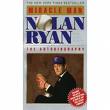 Over the past two decades, it has become the popular thing for athletes to write a book with a ghost writer, presumably as a way to make some fast cash. Even though Nolan Ryan’s book came at the beginning of this period, many readers could probably lean towards the publication of a book by the most famous pitcher of the time, especially one that was entitled Miracle Man: Nolan Ryan, The Autobiography
Over the past two decades, it has become the popular thing for athletes to write a book with a ghost writer, presumably as a way to make some fast cash. Even though Nolan Ryan’s book came at the beginning of this period, many readers could probably lean towards the publication of a book by the most famous pitcher of the time, especially one that was entitled Miracle Man: Nolan Ryan, The Autobiography, was just another publicity stunt by an already highly publicized athlete.
The first couple of chapters do little to sway those who have this view point when opening this publication. During this portion of the book, Ryan does not lay out what the true point of the book is at all. In these first two pages, Ryan shares his feelings about everything from family life to politics to foreign wars and does not seem to have any order in doing so.
Just before he starts talking about his career, he starts describing the person that he believes not many people get to see him as. Although this chapter does give somewhat of a look into Ryan’s personal life, it comes off as generic and forced and the reader gets a much better image of the person that Ryan is as it comes out throughout the rest of the book when he is not attempting to have it be the focus.
From there, Ryan goes on to share a chronicle of his entire career, from his earliest days with the New York Mets, up until the days right before the last season of his career with the Texas Rangers.
Ryan actually starts telling his baseball journey from the time he was in the little leagues. The most important part of playing baseball as a youngster for Ryan was that he would do it all day long in the summers, something he says that he doesn’t think happens enough in today’s society. He also sheds some light on how good he was as a youngster, claiming that he really didn’t seem to stand out as one of the best kids around, but that he was better than above average.
He claims that he didn’t expect to be playing in the majors until he was in high school and big league scouts started showing up at his games. Even then, he claims that he felt he still might fall through the cracks, but he outwardly states that he was probably going to try his hand at professional baseball no matter where he was drafted.
When the Mets drafted him, he agreed to sign with them and was willing to go to New York, which seemed like it was on the other side of the globe to make it in baseball. While he had a quick rise through the minors, when he talks about his years with the Mets, he says, “The first three years with the Mets, I didn’t make a living, I survived.”
It is obvious, even if he never outright says it, that he was almost completely unhappy during his time in New York. He didn’t like playing there and he didn’t like living there and when he was able to leave, he did so willingly.

- Image via Wikipedia
Ryan talks about his time with the Angels as the time when he really came to life as a pitcher and was really used as he thought he should have been. Although he was not able to spend his entire career at one location, he views his experiences with the Angels as some of the best during his lengthy career.
Throughout the book, Ryan drops bits of baseball knowledge that he has compiled throughout his life. At one point, speaking on marriage, he stated, “I had to understand that I was not the only person in the marriage and that Ruth had desires and dreams and goals, too.” This statement helps the reader to realize why he took less money than he could have possibly made to stay close to his home during most of his career and why he turned down some off season opportunities so that he could spend more time with his family.
When his time was up with the Angels, Ryan was almost blown away with the possibility of playing in Houston and being able to be so close to so many of his family members. Despite being so close to his family, Ryan had almost as many gripes about his time with the Astros as he does with his time in New York. Overall, he felt that they just let him down at so many points in his career and missed great opportunities to bring people to the stadium when he was reaching key points in his career. When talking about deciding to leave Houston, Ryan stated, “I’d been treated so great by the fans in Houston that I was distraught over leaving them, and I knew they wouldn’t understand. It was going to look like I was leaving for the money.”
Ryan touches on many different aspects of baseball and life throughout the book and the fact that he wrote it while he was still in the middle of his career gives readers a perspective on his situation that they probably wouldn’t be able to get out of him today. He has a view of the game that is truly unlike any that players currently in the majors have, and if one thing was prominent in the book, it was how much he appreciated his fans and how much he wanted to perform his best when he was at home.
The Grade: 3/5
Bill Jordan is a contributor to BaseballReflections.com. He can be reached by e-mail at [email protected].


![Reblog this post [with Zemanta]](http://img.zemanta.com/reblog_e.png?x-id=a19dab23-3281-48c9-af4a-c6e797e1a30d)
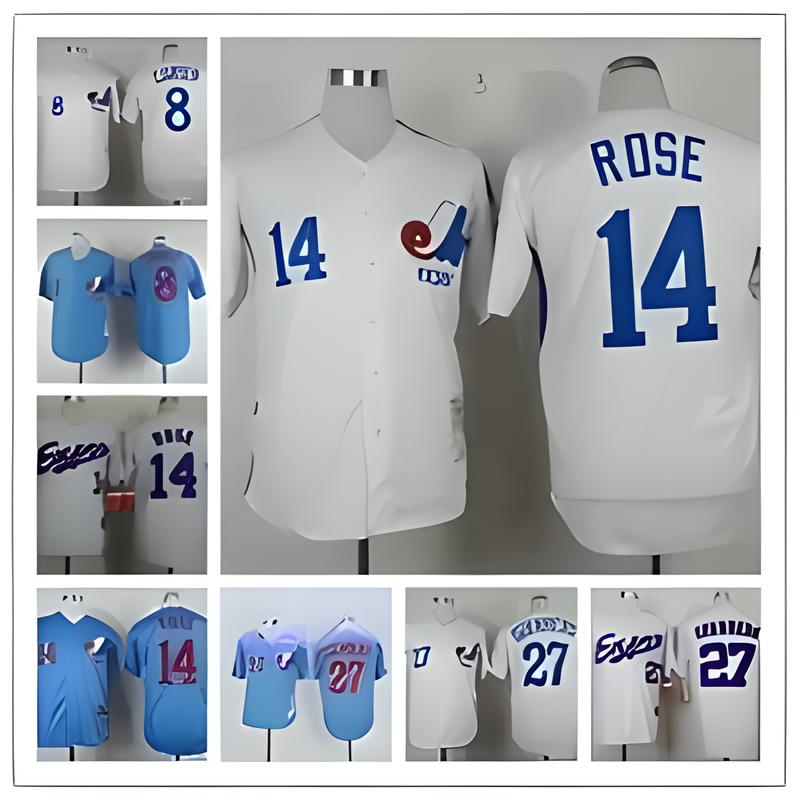

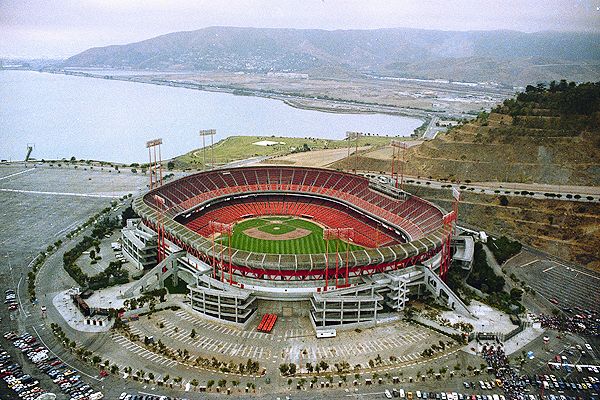
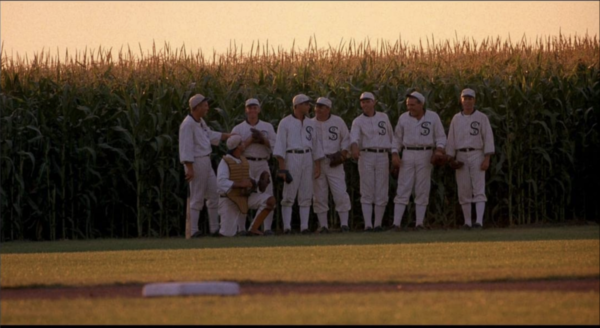

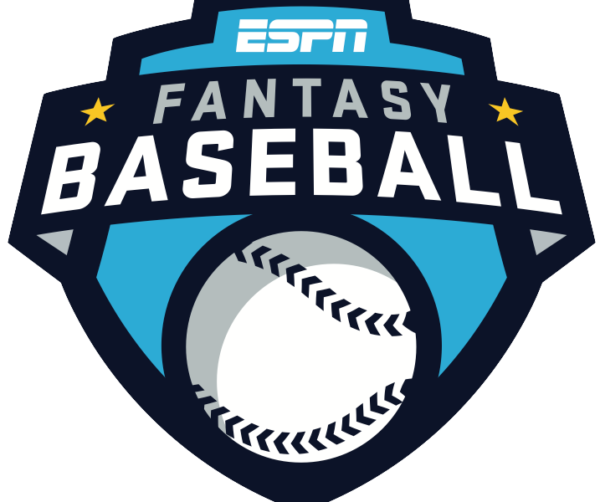
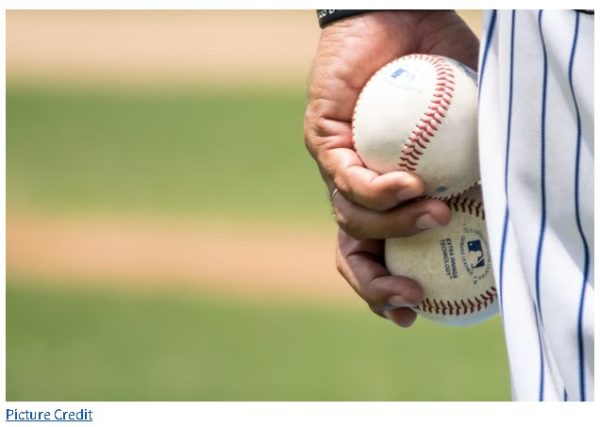
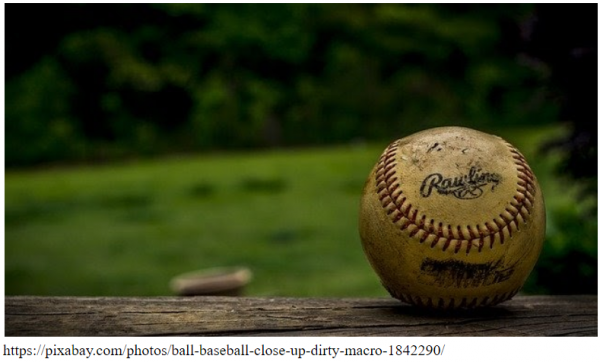

9 Responses
If anyone has had a chance to read Miracle Man, please share your thoughts on the book here.
Thanks for the ping backs, they are much appreciated.
Once again, thanks for linking this article. It is much appreciated.
Please check out BillJordan’s last blog post..IBAF Announces Partnership with PIFB!
Its a great complimentary…………..